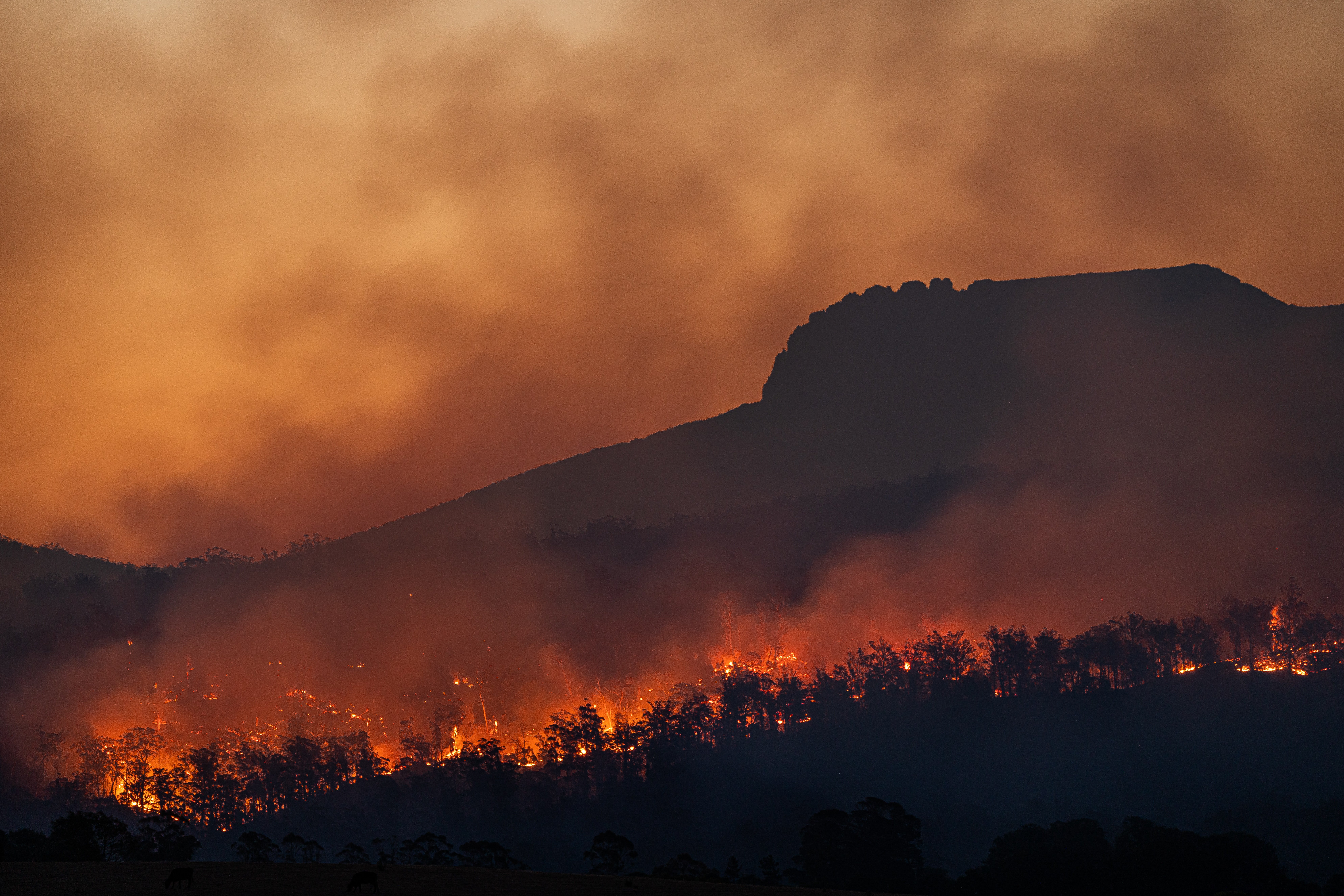Today AI company Mind Foundry announced a new research lab in Oxford, England, in partnership with the global insurance brand Aioi Nissay Dowa Insurance (ANDI) and Aioi Nissay Dowa Europe (AND-E), a wholly-owned subsidiary of ANDI.
The Aioi R&D Lab is a collaborative effort between the Aioi Nissay Dowa Group of companies and Mind Foundry to tackle some of the significant challenges facing societies worldwide. The focus is embedding AI into specific applications to develop real-world solutions that can positively impact society.
I spoke to Brian Mullins, CEO at Mind Foundry, to find out more.
Spun out of Oxford in 2016, Mind Foundry operates at the intersection of innovation, research, and usability to empower teams with AI built to tackle high-stakes, real-world problems at both individual and population scale.
The lab will be supported by an advisory board of world-renowned professors from the University of Oxford with expertise across many disciplines that sit at the heart of the transformations facing society, and insurance in particular, over the coming decades.
The research will focus on topics that create shared value across all of society, including:
- Mobility for all: Developing products that insure individuals continuously across multiple modes of mobility (car, train, scooter, etc) to reduce risk, traffic accidents, and CO2 emissions.
- Autonomous driving: Developing models of insurance for autonomous vehicles, where insurers need to understand a vehicle's sensors and the complexities of how self-driving algorithms are configured.
- Future of insurance: Developing the next generation of telematics-based insurance, personalised insurance, and insurance for Artificial Intelligence (AI).
- Climate: Developing solutions to reduce carbon and energy use in transport, preserve biodiversity, and gain a better understanding of the changing risks associated with climate change.
- Health and wellness: Developing solutions to help society deal with ageing populations and extend wellness and healthcare.
According to Mullins, insurance is almost 8% of GDP worldwide. "And without it there could be a cascading failure."
He explained that the Lab acts as a bridge between technology and real-world applications. It works because as an insurance company Aioi is making this part of their broader digital transformation process:
"There are real budgets behind the digital transformation. And so there's a real drive from operations to hit key objectives with these investments, meaning it gets connected to real problems and real companies that will use it and use it for their customers."
He notes that despite the current hype cycle of AI, the industry is a somewhat late adopter of AI technology. It brings opportunities in day-to-day operations, such as new classes of products, types of insurance, and models for risks.
However, he asserts,
"The important thing now is because it's a high-stakes application, off-the-shelf AI is not appropriate for most applications of insurance. These affect people's lives at scale. It's a highly regulated industry, as it should be, and it takes time."
Mind Foundry co-founder and University of Oxford, Professor of Machine Learning Michael Osborne, sees AI as critical to tackling the social challenges that confront us.
"But most AI is not yet up to the task, because it is not trustworthy, reliable, or responsible. Our hope is that with the Aioi R&D Lab – Oxford we will develop new technologies within AI that are capable of being all of those things. Only then will we be able to ensure that AI solves the most important problems of today while also providing a blueprint for innovative solutions of tomorrow."
Insurance tech as leader in behavioural change

When you think about sustainability, the role of insurance might not be your first thought. But natural disasters such as fires and floods have become more common. According to Mullins,
"As we start to see them more, we need policies that adapt to the fact that there are changes in the world that are changing the risk profile overall.
One of the roles insurance can play is looking ahead 50 years and saying, 'Hey, if, say, oil drilling is increasing the risk for all of my other insurance products and customers, I'm going to choose to raise the price or not insure oil drilling anymore, they're going to have to figure it out themselves and bear the cost because I'm not going to take the risk on my other policies.'"
This creates a market force for behavioural change. Because if businesses can't insure the risk themselves, they either have to self-insure, or the added cost has to make them look for other alternatives to what they're doing.
"Despite all of what governments talk about from a climate response standpoint, insurance is making changes already. It's already changing behaviour. And that's more effective than talking about it all day long."
The lab will be supported by an advisory board of world-renowned professors from the University of Oxford with expertise across many disciplines that sit at the heart of the transformations facing society, and insurance in particular, over the coming decades.
Image: Drew Dizzy Graham.



Would you like to write the first comment?
Login to post comments